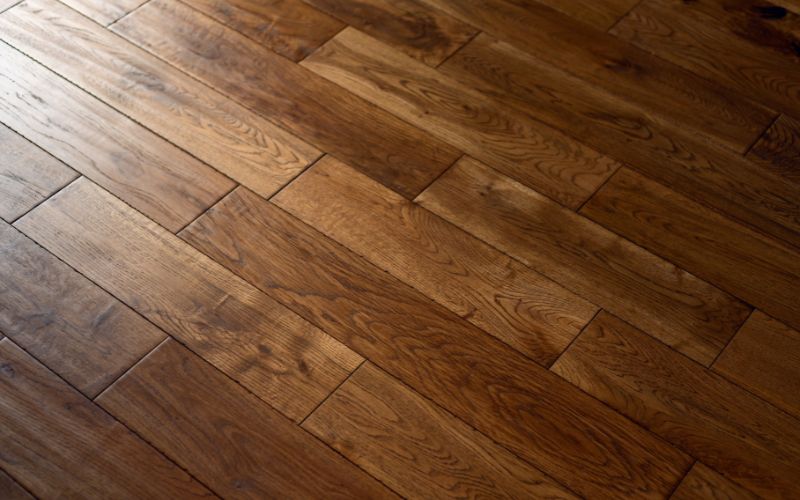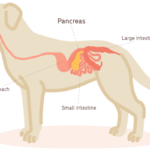Moisture damage can turn your dream home into a nightmare, especially when it comes to your floors. This is especially true for hardwood floors, which are popular for their durability and beautiful appearance. However, like any other type of flooring, they are not invincible. Moisture is one of the biggest enemies of hardwood floors. But don’t worry—there are ways to protect your floors and keep them looking great for years to come. In this article, we’ll talk about how you can prevent moisture damage in your home’s flooring, with a special focus on hardwood flooring services.
Why Is Moisture So Bad for Floors?
Moisture is a silent enemy. You might not see it immediately, but it can slowly damage your floors over time. When water or moisture seeps into your floors, it can cause warping, buckling, and staining. This is especially bad news for hardwood floors, which are made from natural wood. Wood naturally expands and contracts with changes in moisture levels, which can lead to gaps, cracks, and uneven surfaces. In extreme cases, moisture damage can even lead to mold and mildew, which can be harmful to your health.
Common Causes of Moisture Damage
Before we dive into how to prevent moisture damage, it’s important to know where the moisture might be coming from. Some common causes include:
- Leaks: Whether it’s from your roof, plumbing, or appliances, leaks are a major source of moisture damage.
- High Humidity: Homes in humid climates are especially at risk for moisture damage because the air itself holds more water.
- Spills: Even small spills can cause damage if they’re not cleaned up quickly.
- Poor Ventilation: If your home isn’t properly ventilated, moisture can build up and cause damage over time.
How to Prevent Moisture Damage
Now that you know why moisture is so harmful to your floors, let’s talk about how to prevent it. Here are some practical steps you can take:
1. Control Humidity Levels
One of the best ways to protect your hardwood floors is to control the humidity in your home. Ideally, you want to keep indoor humidity levels between 30% and 50%. You can use a humidifier or dehumidifier to help maintain these levels. In the summer, air conditioning can also help reduce humidity.
2. Fix Leaks Immediately
If you notice a leak in your home, it’s important to fix it right away. Whether it’s a leaky roof, a dripping pipe, or an overflowing appliance, any water source can cause serious damage if not addressed quickly. Regularly inspect your home for signs of leaks and take action as soon as you spot a problem.
3. Use Rugs and Mats
Placing rugs and mats in high-traffic areas, especially near entryways, can help protect your floors from moisture. These can absorb water from shoes and prevent it from seeping into the wood. Just make sure to clean and dry your rugs regularly to prevent mold growth.
4. Clean Spills Immediately
Accidents happen, and sometimes spills are unavoidable. However, it’s important to clean up any spills immediately. Use a soft, dry cloth to soak up the liquid, and avoid using too much water when cleaning your floors. If you do need to use water, make sure it’s not standing on the floor for too long.
5. Get Professional Help
Sometimes, the best way to protect your floors is to hire professionals. Hardwood flooring services can help you with everything from installation to maintenance and repair. They can also offer advice on how to keep your floors in the best possible condition.
Signs of Moisture Damage
Even with the best prevention methods, it’s still important to know the signs of moisture damage so you can address it before it gets worse. Some signs to look out for include:
- Cupping: This is when the edges of the floorboards rise higher than the center, creating a cup shape.
- Buckling: This occurs when the floorboards lift off the subfloor.
- Discoloration: Stains or dark spots on your floors can indicate moisture damage.
- Mold or Mildew Smell: A musty smell in your home can be a sign that moisture has seeped into your floors.
If you notice any of these signs, it’s a good idea to contact a professional to assess the damage and recommend a solution.
Conclusion
Your floors are an important part of your home, and protecting them from moisture damage is crucial. By controlling humidity, fixing leaks, using rugs, cleaning spills, and getting professional help, you can keep your hardwood floors looking beautiful for years to come. Remember, flooring contractor are always there to help you maintain and protect your investment.
Feel free to submit more guest posts through Links Building Servcies - Best Prices. Buy Author Account / 1$ Guest Post Here





















